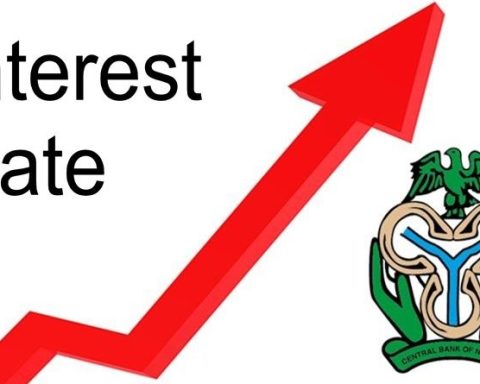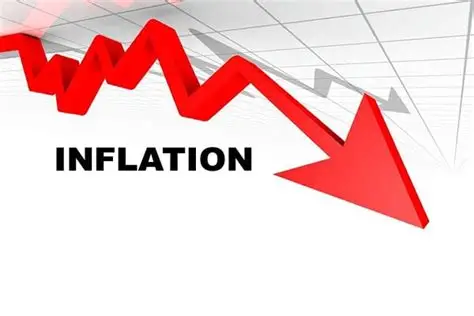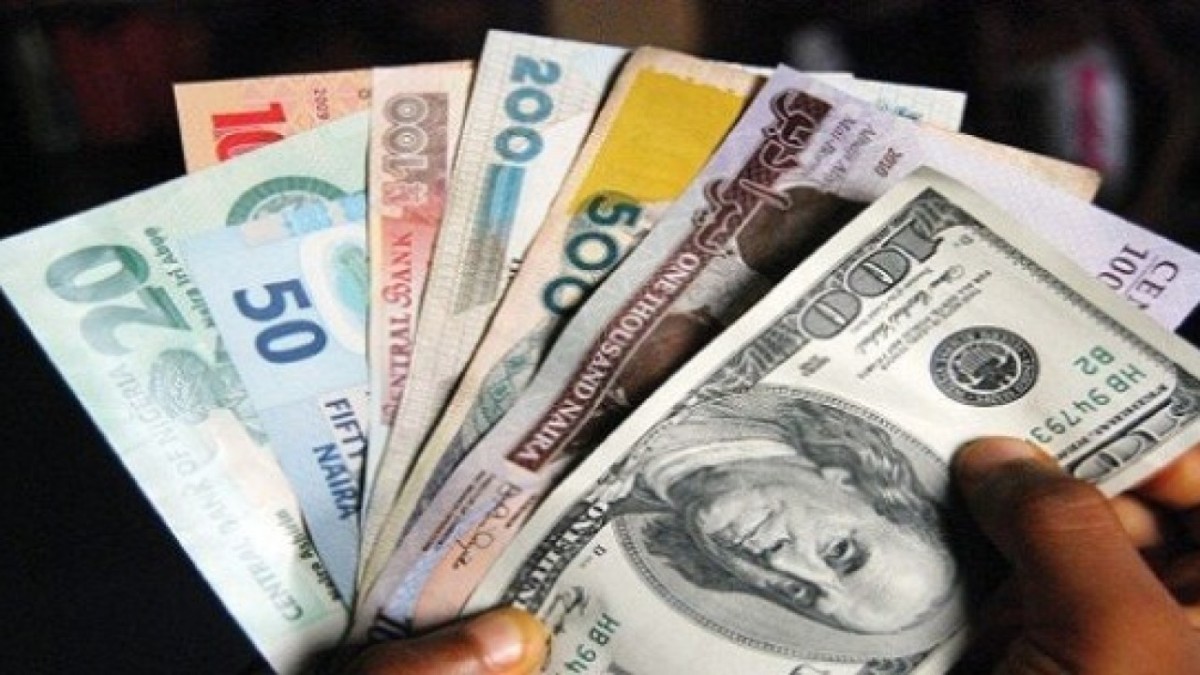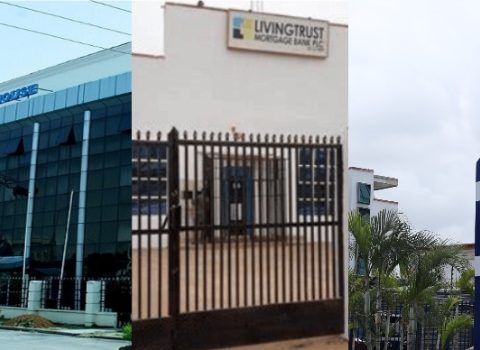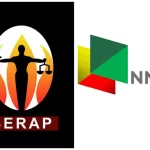As the Central Bank of Nigeria (CBN) holds its 300th Monetary Policy Committee (MPC) meeting on Monday, May 19 and Tuesday, 20 2025, to decide the next step in addressing the challenges in the economy from the monetary side, there are concerns about the effectiveness of its traditional monetary tools in curbing inflationary pressure.
This is as money circulating outside the banking system remains high. According to the CBN’s data, total money supply (M3) jumped 24 per cent to an all-time high of N114.2 trillion in March 2025. The total currency circulating in the economy stood at N5.00 trillion in March 2025, reflecting a slight decline on a monthly basis, from N5.03 trillion in February 2025, but a 29.5 per cent increase on a year-on-year basis from N3.86 trillion in the same month of 2024. The total value of the currency held outside Nigeria’s banking system rose to N4.6 trillion in March 2025, accounting for 91.9 per cent of the N5.00 trillion.
Join our WhatsApp ChannelAccording to economic experts, having so much cash outside the banking system makes monetary policy less effective, especially tools like adjusting interest rates and open market operations.
Prime Business Africa had reported that during the last MPC meeting held in February 2025, the committee voted to retain the Monetary Policy Rate (MPR) at 27.5 per cent, emphasising the need for caution in light of the uncertain global situation.
In its quest to curb inflationary pressure, the monetary authority has raised the MPR by 875 basis points from 18.75 per cent as of February 2024 to the current figure.
The recent data on Consumer Price Index (CPI) released by the National Bureau of Statistics (NBS) show that headline inflation eased to 23.71 per cent in April 2025 from 24.23 per cent in March, while food inflation rate also dropped to 21.26 per cent year-on-year from 40.53 per cent in April 2024. Despite the decline in rates coming on the back of the recent rebasing exercise conducted by the NBS, the inflation numbers are still considered high.
READ ALSO: How To Curb Inflationary Shocks On Nigerian Economy, By Muda Yusuf
However, economic experts believe that having a high amount of cash circulating outside the banking system severely weakens the central bank’s ability to control inflation through traditional monetary policy tools. This situation raises critical concerns about the effectiveness of interest rate adjustments, liquidity management, and other measures aimed at stabilising prices.
In fighting inflation, the CBN, apart from raising interest rates, adopts other measures to reduce the money supply, which include raising the Cash Reserve Ratio (CRR), and selling treasury bills. However, the measures fail if cash remains in what is described as “mattress savings” or “mattress money” or black markets.
Over time, analysts have observed that people who operate in the informal sector of the Nigerian economy often withhold physical cash for daily transactions. The sector, which accounts for over 50 per cent of the country’s GDP, comprises transport workers, traders, small-scale farmers, and artisans.
READ ALSO: ‘Why CBN Should Not Raise Interest Rate’ As MPC Meets
While the CBN has been pushing for transition into a cashless economy, it has not received a significant boost by integrating the majority of cash-dependent informal sector players into the banking system due to some factors, including trust of the system, access to digital banking services, and infrastructural challenges.
While some analysts expect the CBN’s MPC to take a more hawkish stance by further raising the benchmark interest rate because of the high inflation rate and structural challenge of cash dominance, others anticipate that it will resolve to cut the interest rate during the May meeting, coming after the rebasing exercise.
Tunji Andrews, a financial analyst and CEO of Awabah (a digital micro-pension platform for Africa’s workforce), had in a podcast argued that the level of money supply doesn’t affect inflation, stating that the MPC would have no reason to keep the interest rate high when the inflation rate comes down.
READ ALSO: Don’t Raise Interest Rate Beyond 27.5% – Lawmakers Warn CBN
“The CBN’s MPC will cut rates in May. Why? Well, in Nigeria, money supply does not directly drive inflation (my opinion). And with inflation now at 10% MoM, what’s the point in keeping MPC high?” he asked.
Chief Executive Officer of the Centre for the Promotion of Private Enterprise (CPPE), Dr Muda Yusuf, said the MPC should consider dropping the monetary policy tightening stance.
According to him, the country’s interest rate is already too high at 27.5 per cent and is affecting businesses that depend on bank loans to boost operations.
“The tightening option, I don’t think that should be on the table for now because the rates are already very high, the cash reserve ratio is already 50 percent, which is the highest anywhere in the world, and the MPR is already 27.5 is one of the highest anywhere in the world,” Dr Yusuf stated.
On his part, Managing Director of Cowry Assets Management Limited, Mr. Johnson Chukwu, stated that considering several economic factors, the best thing to do is maintain the current rate and wait for the NBS to release the latest GDP figures post-rebasing exercise and also watch the impact of the policy pronouncements made by U.S. President, Donald Trump.
Victor Ezeja is a passionate journalist with seven years of experience writing on economy, politics and energy. He holds a Master's degree in Mass Communication.



